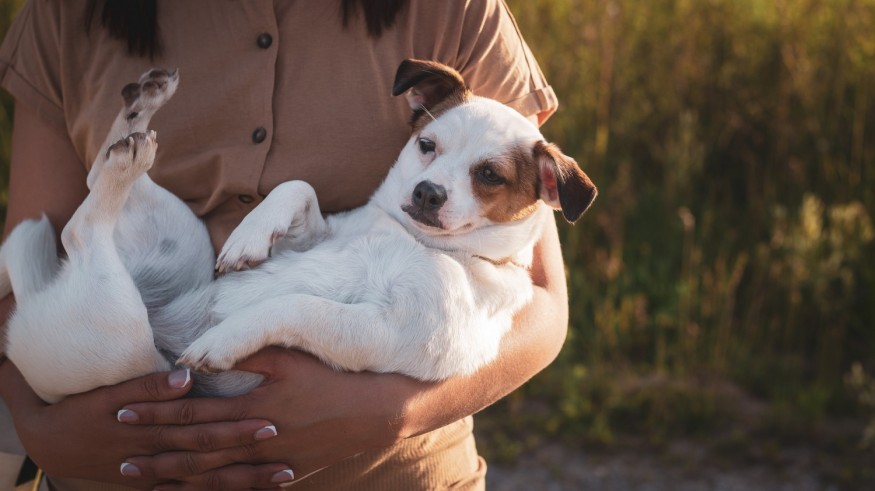
Have you ever wondered about the ecological impact of your pet? It's easy to forget about this, or in the case of many pet owners, they don't consider it at all. But as a responsible pet owner, you'd want to be aware of the different ways your pets can impact the environment and what you can do about it. The good news is that you can be an eco-friendly pet owner by following a few sustainable tips.
1) Adopt a pet
If you're thinking about getting a pet, consider adopting instead of buying from a breeder. Keep in mind that plenty of rescue animals are looking for a home. Sure, there's something special about bringing another pet into the world and nurturing it until it gets old. But as a prospective pet parent, you might want to adopt a pet and help reduce the number of stray animals. It's also worth noting that overbreeding and inbreeding has become a massive problem in recent years. The rise in demand for popular dog breeds has caused health problems to increase as well.
2) Make better pet food choices
Human-grade pet food has been on the rise as of late. Several brands boast of pet food containing red meat or fish. But did you know that nearly a quarter of meat production's environmental impact is caused by pet food production?
Dogs and cats require protein in their diet. However, try to avoid products that contain red meat or fish as these two have a massive environmental impact in terms of using land, water, pesticides, and fossil fuels. Eco-conscious pet owners can switch to pet food made from chicken, rabbit, or meat byproducts. To find the most nutritious, affordable, and eco-friendly pet food, visit this pet site about dogs and cats.
3) Use biodegradable bags
It's critical to clean up after your pets. In case you didn't know, pet feces can carry disease and pollute waterways. Be responsible enough, and make sure you use biodegradable bags instead of single-use plastics. Thankfully, it's easy to find compostable bags made from natural fibers, which take only three to six months to decompose.
4) Avoid chemicals
Do you know how many chemicals you're putting on your pet when using shampoos, conditioners, or repellents? Take a moment to read the ingredients label, and you'll be surprised that a single product might contain hundreds of different chemicals. These chemicals may harm your pet and other animals. They also contribute to water pollution due to runoff.
It's high time to switch to eco-friendly alternatives. Look for shampoos and conditioners that consist of organic ingredients. You can even try your hands on making DIY shampoos and repellents by using everyday household products like vinegar, olive oil, and castile soap.
5) Avoid electronics and plastic toys
You want to get the best for your pet, but this doesn't mean following the latest trends blindly. Over the past few years, the pet toy market has been flocked with electronics and plastic toys. These digital toys can be tempting, but consider the environmental cost of making them. There's nothing wrong with sticking to traditional pet toys like strings, balls, and chews. And if you're planning to buy new toys, try looking at local charity shops to see whether they have old pet toys that are still in good condition.
© 2026 NatureWorldNews.com All rights reserved. Do not reproduce without permission.





